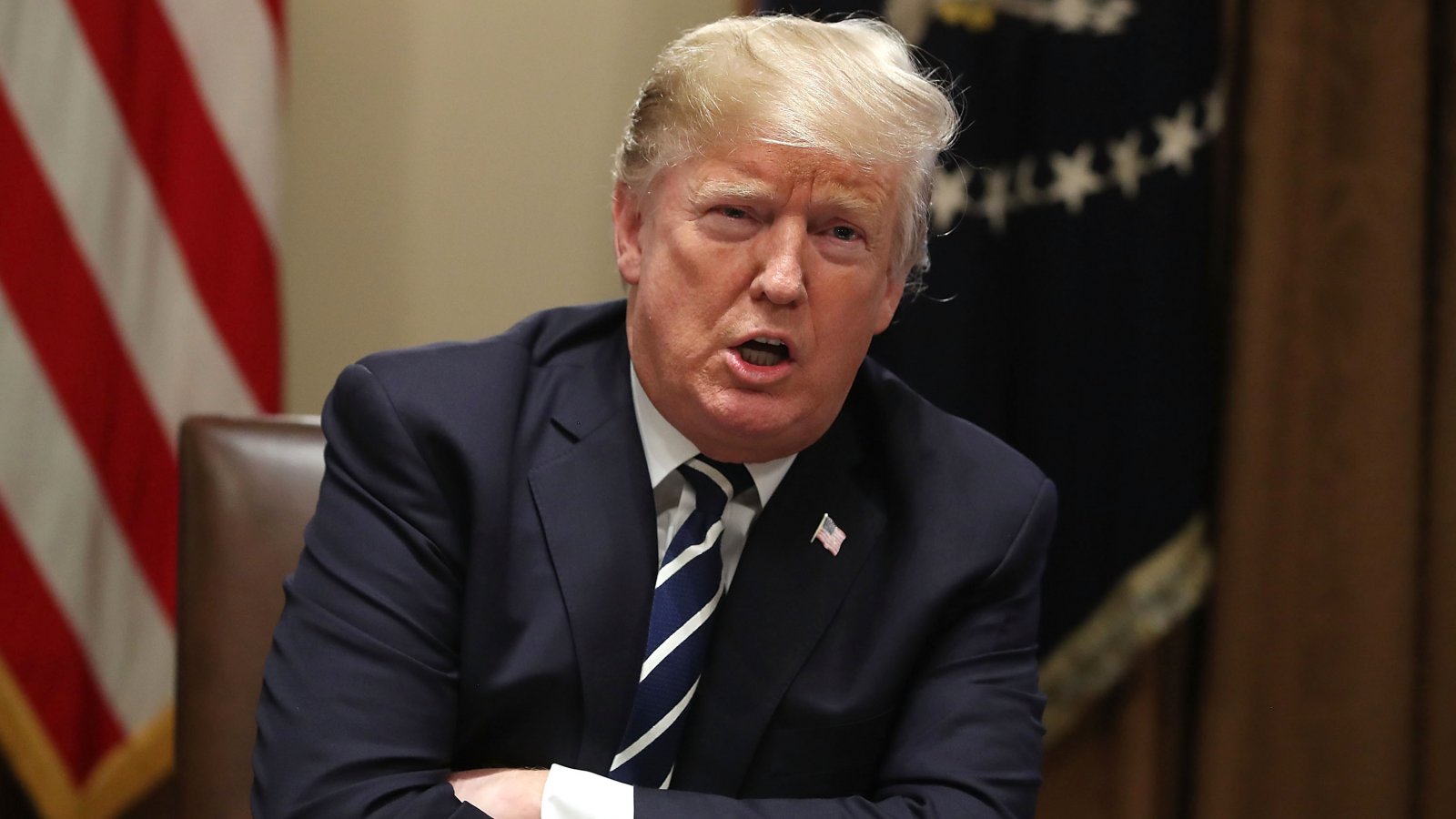
The White House has put together an executive order it says would give President Trump authority to punish any foreign actor who attempts to interfere in U.S. elections.
The eight-page draft order, a copy of which was reviewed by The Washington Post, appears to be an effort to stave off aggressive legislation, including a bill introduced in Congress this month — and to quell criticism that Trump seems to give more credence to Russian President Vladimir Putin’s denials of interference than to U.S. intelligence agencies’ conclusion the Kremlin sought to undermine the 2016 election.
(...)
The only mandatory sanctions would be against individuals found to have taken part in an interference campaign against a U.S. election, a step that both the Obama and Trump administrations have taken against Russian intelligence officers. The Trump administration also sanctioned individuals working for a Russian “troll” factory, churning out divisive social media posts.
(...)
The draft order “looks much more like a cover-your-behind exercise to show the administration is doing something when it fact it doesn’t oblige them to do much of anything,” said Michael Carpenter, a former Pentagon and White House official who worked on Russia policy for the Obama administration. “The sanctions on foreign individuals for election interference are not going to dissuade anyone. To be a credible deterrent, a foreign country like Russia would need to think that sanctions would automatically go into effect if X, Y and Z happened.”
The draft order specifies that the president may impose sanctions on “10 of the 30 largest business entities” in a country whose government has interfered in an election. That measure could be quite powerful, experts said. But its discretionary nature, combined with the administration’s lack of a clear Russia policy, undermines its effectiveness, they said.
(...)
“If you’re the Russians looking at the United States, you have to ask yourself is this something the president is going to allow to be used, and how much?” said Daniel Fried, a former diplomat in Republican and Democratic administrations who is an expert on Russia and Eastern Europe.
(...)
“Whom do you listen to — the intelligence chiefs who stood in the briefing room or the president of the United States, who blamed all the problems in the U.S.-Russia relationship on the United States?” said Fried, a fellow at the Atlantic Council. “The problem with the president’s language is it undercuts the policy of his own administration and weakens the deterrent value, for example, of this prospective executive order.”
(...)
The draft order includes language that analysts interpreted as an effort to assuage Trump’s concerns. It includes references to apparent attempts by the Soviet Union to interfere in past U.S. elections, including to “frustrate President Nixon’s election in 1968 and President Reagan’s reelection in 1984.” Fried called those allegations debatable.
It appears “this was put in to make this executive order palatable to Trump by not singling out Russia in 2016,” said Peter Harrell, a former State Department sanctions official who is now an adjunct senior fellow at the Center for a New American Security.
The draft notes that “there has been no evidence of a foreign power altering a single vote in a United States election,” echoing another of Trump’s repeated assertions about the 2016 election.
Last October, when then-CIA Director Mike Pompeo stated that the intelligence community found “Russian meddling . . . did not affect the outcome of the election,” the agency later issued a clarification. The CIA noted that U.S. intelligence agencies, in their January 2017 report on Russian interference, “did not make an assessment of the impact that Russian activities had on the outcome of the 2016 election.”
(...)
“Putin will continue to push his overt and covert information war until he gets a clear message that he has gone too far,” said John Sipher, a former CIA officer who once ran the agency’s Russia operations. “In this sense, nothing is more important than a strong, consistent message from the president backed up by a unified administration and supportive Congress. If there are splits, Putin will exploit and amplify them.”
White House drafting sanctions order to punish foreign interference in U.S. elections (WaPo)